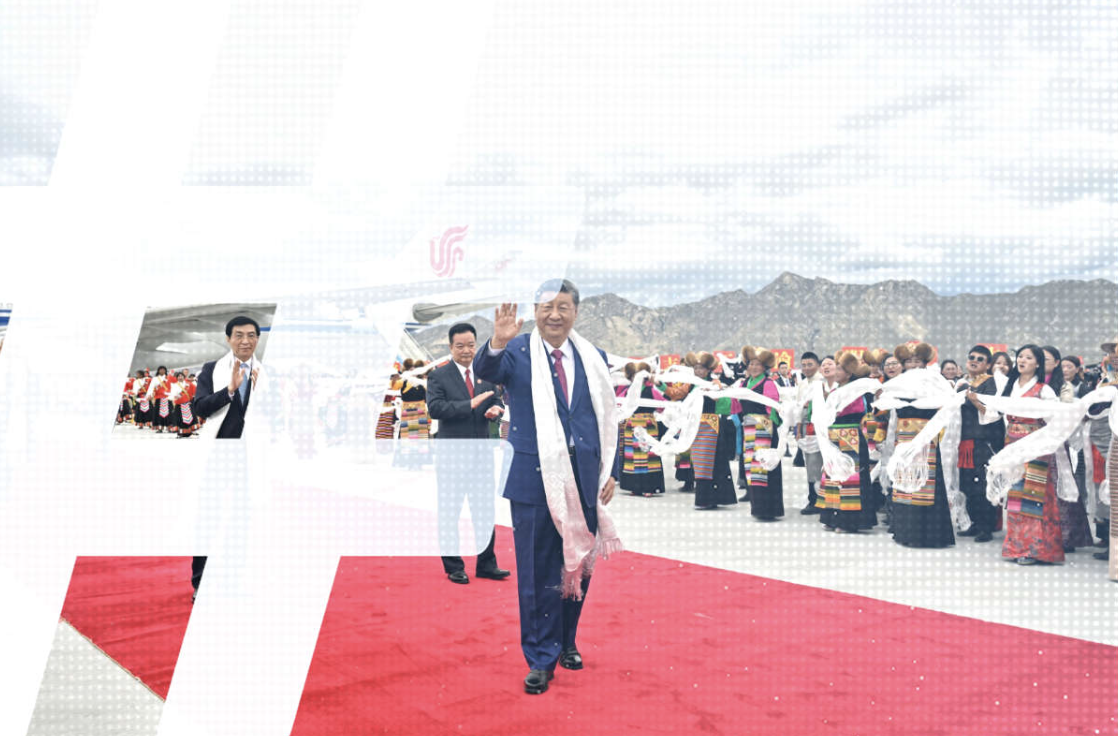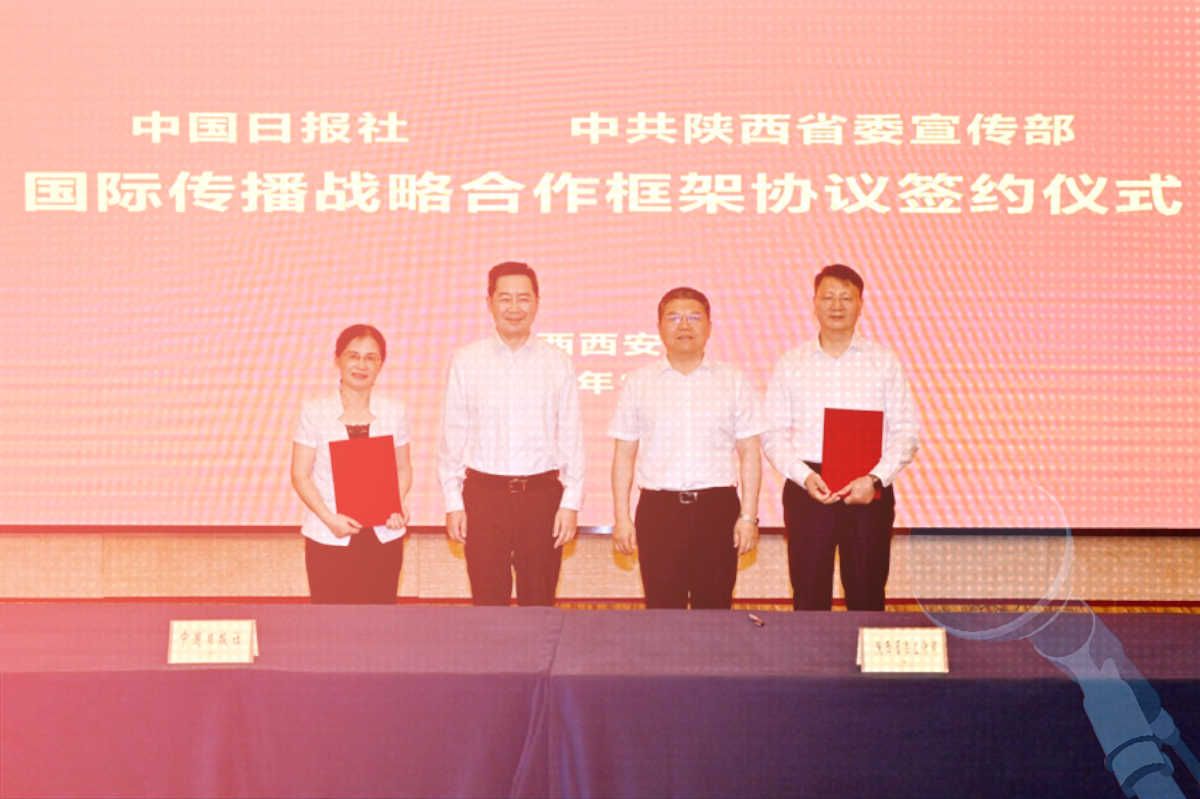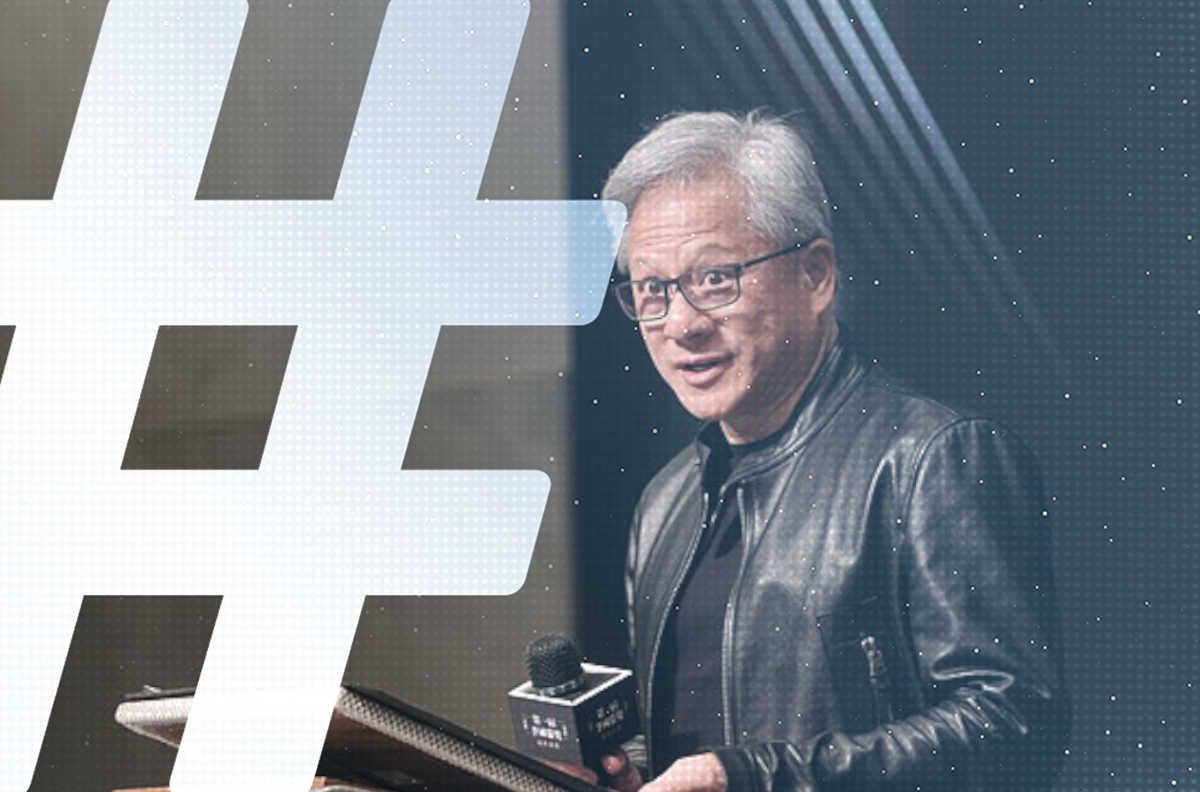Headlines and Hashtags
The ups and downs of China's current affairs commentary
By David Bandurski — As hard news, particularly investigative reporting, faces intensifying pressure in China, one of the rare bright spots on China’s media landscape is the genre of the current affairs commentary, or shiping (时评). Since at least 2002, but particularly since 2005, editorial space at major newspapers and on the Internet in China has grown substantially, and writers from diverse backgrounds now express increasingly diverse views on a range of news topics and critical issues. [Frontpage: “Chinese writing practice,” by Matt Hamm available at Flickr.com under Creative Commons license.]
Last week, for example, writers all over China drew out the social and institutional lessons of the alleged firing of professor Yang Shiqun for “counter-revolutionary” teachings.
Searching for a fresh perspective on the Yang case, readers might have stumbled upon this commentary in Changjiang Daily, arguing that Yang’s case is a blatant violation of academic freedoms, and that the pair of female students who informed on the professor fail to understand the true spirit of “revolution,” which requires the interchange of differing viewpoints.
They might have found this editorial at Zhejiang Online, cautioning media and the public against criticizing these tattle-tale pupils too viciously before all the facts in the case are known. Or they might have read this commentary by Qu Weiguo (曲卫国), provocatively invoking the words of columnist Chang Ping’s (长平) controversial Tibet editorial earlier this year, saying that “only in an open opinion environment that permits full revelation and discussion do we have the opportunity to progress toward truth and justice.”
And if readers were hungry for an inane reading of the case from the extreme left, they were sure to find it at the leftist website Utopia (乌有之乡), where one writer argued that the whole affair was a mark of social progress — because, get this, students are actually questioning their teachers. [SEE Southern Metropolis Daily for a thorough review of the Yang Shiqun case, including an interview with the professor, in English at ESWN].
But as current affairs commentaries play an ever more prominent role in Chinese society, more attention is turning to the “movement” itself — its vagaries, strengths and basic motivations.
Chinese commentaries are in fact a more complicated phenomenon than they might seem at first glance. They point, superficially at least, to broader participation in public debate — we use the term very loosely — on a range of social issues.
But press controls have arguably grown stronger in China since 2004, and this is a factor in the development of the commentary too. That may seem counter-intuitive at first, but as the space for news has diminished at China’s more dynamic commercial media (and information is increasingly monopolized by “authoritative” state media), the editorial pages have become the refugee camps of professional journalism in China. [Nanfang Daily on the link between commentary development and “guidance of public opinion“].
We can’t possibly encompass the debate over the rise of the Chinese commentary in this space. Suffice to say this is a trend for media watchers to watch. As one commentator wrote on his Sina.com Weblog, in a piece called, “A Commentary on Commentaries“:
“Commentaries have already become the weathervanes of the media. To be without a commentary section means a media trails behind the trends, that it dares not speak up, that it is not mainstream, that it is out of touch with the people . . . In the information age, it is impossible to imagine media without commentary sections.”
Below we provide excerpts from just a couple of recent editorials discussing the phenomenon of the Chinese commentary. The first, by Wang Dahao (王大豪), appeared at Donghu Commentary (东湖评论) on December 1, and argued that unreasonable commentaries have become a “common danger” in China.
The second, which appeared in the December 3 edition of China Youth Daily, and subsequently in the Oriental Morning Post, urged those who are snobby about the apparent stylistic weaknesses of the commentary to be more understanding of how this genre differs from its cousin, the essay.
“Commentaries Lacking Rationality Have Already Become a Common Danger to Society“
There are a number of areas where Chinese people can be ugly, and commentaries have perhaps made the greatest contribution to the weeding out of ugliness. But then, the commentary field is imperfect. There are some commentary writers who simply can’t get used to the idea of accepting criticism from others. This is a persistent condition from which commentaries suffer. The duty of the commentary field has always been to reveal and root out the ugliness of society, but commentaries tend to turn a blind eye to their own ugliness. And the greatest ugliness of the commentary field is intolerance toward those who point out one’s own ugliness.
For a number of negative social phenomena, the mindset of some commentary writers is not that of the doctor seeking to heal the sick, but rather of mob violence against the already injured. When doctors conduct surgery, they stitch as well as cut, they give blood even as they draw it, and the basic goal is to mitigate pain, not to do harm. Mob violence is different, the objective being to attack, plunder and burn out of the narrow desire to conquer. The editorials of these writers brim with the violence of shameful intellectual attack. This is not the attitude with which a doctor treats a patient, but the attitude of a thug toward his victim. This is not the healthy and rational attitude a writer of commentaries should have . . .
If a person cannot recognize themselves with rationality and objectivity, how can they possibly see their own society objectively and rationally? And how can they possibly write commentaries that benefit social progress?
“From the Essay to the Commentary“
China Youth Daily, December 4, 2008
There has been a lot of debate lately about the successes and failures of commentary writing (时评) [in China]. The rise of the commentary in China’s media landscape of late is an encouraging sign. While the good is intermingled with the bad in the various commentary pages, the general vitality of commentary is far preferable to silence.
Some have expressed disatisfaction with the current state of commentary writing, and they are focusing on stylistic matters. Some domestic writers of commentary are converted essayists (杂文作者), and a number of readers are admirers of the essay. Perhaps they take Lu Xun’s essays as a measure of commentary pieces, and find that the words lack sufficient humor, that they are not breezy or witty enough, and so find them pale and disappointing. It’s certainly true that Lu Xun’s essays have particularly aesthetic value, but there is no need whatsoever for Chinese current affairs commentaries today to draw near to them. Good speech is speech that holds itself accountable, speech that seeks to advance public policy and promotes institutional input. It is most important that its style be clear, simple, accurate and well-knit. Commentaries do not exclude expression of feeling. But more often than not, they should set forth facts, evince reason, and win out with rationality — not simply rely on the release of emotion.
Commentary writers today are basically of two groups. The first are the erstwhile essayists that now write commentaries, and the second are those who write commentaries as experts or scholars. Generally, essayists are marked by a sensitivity to style and write prolifically. Experts and scholars, on the other hand, are distinguished by their combination of depth and expertise. The publishing cycles of newspapers demand that there be professionals whose primary work is the writing of commentaries, but at the same time there is a need for experts and scholars to maintain the depth of commentaries. Many affairs, whether international or domestic, are complex issues . . . Often, through different competing opinions, we can find more insightful thoughts. This really requires that an attitude of humility be encouraged in commentaries. I can disagree with your point of view, but I respect your right to express your opinion. We can’t have a winner-take-all approach.
China is at a point of historical transition. New problems and new things are emerging all the time. Many conflicts happening now are new to ordinary Chinese, who don’t know how to handle them. Nor do leaders have experience [with such things], and there are no ready-made panaceas. If we wish to do things well, then we must draw on the wisdom of the masses.
At this point, commentaries have just begun to develop — they are very uneven, and not easy and smooth enough. Given this situation, we need to have a bit more goodwill and a bit less hypercriticism. The emergence of the commentary and its acceptance by society is a mark of social progress in China today, a sign of the general advancement of culture, and also an embodiment of the value of freedom of expression in China.
[Posted by David Bandurski, December 8, 2008, 10:25am HK]




















